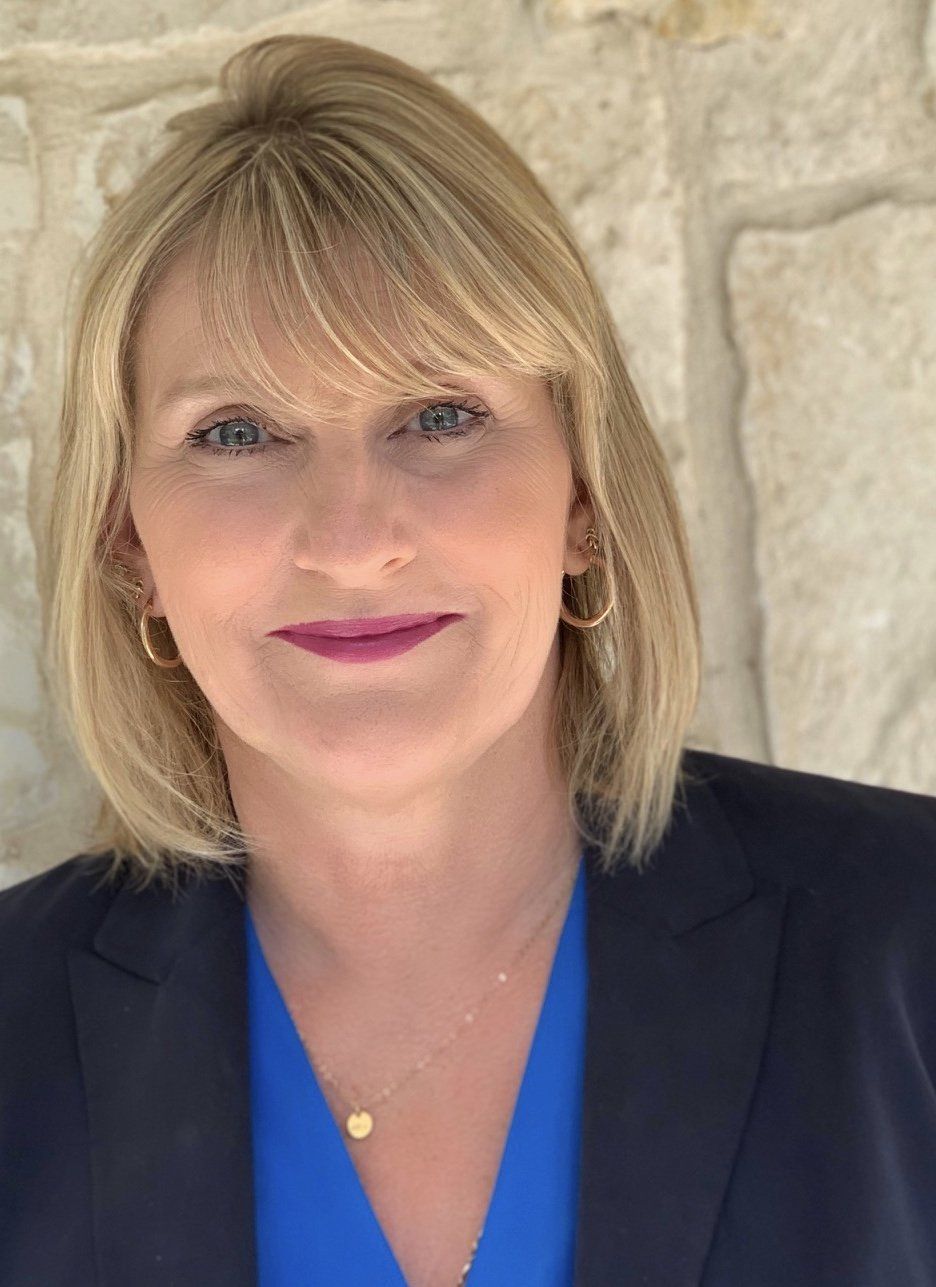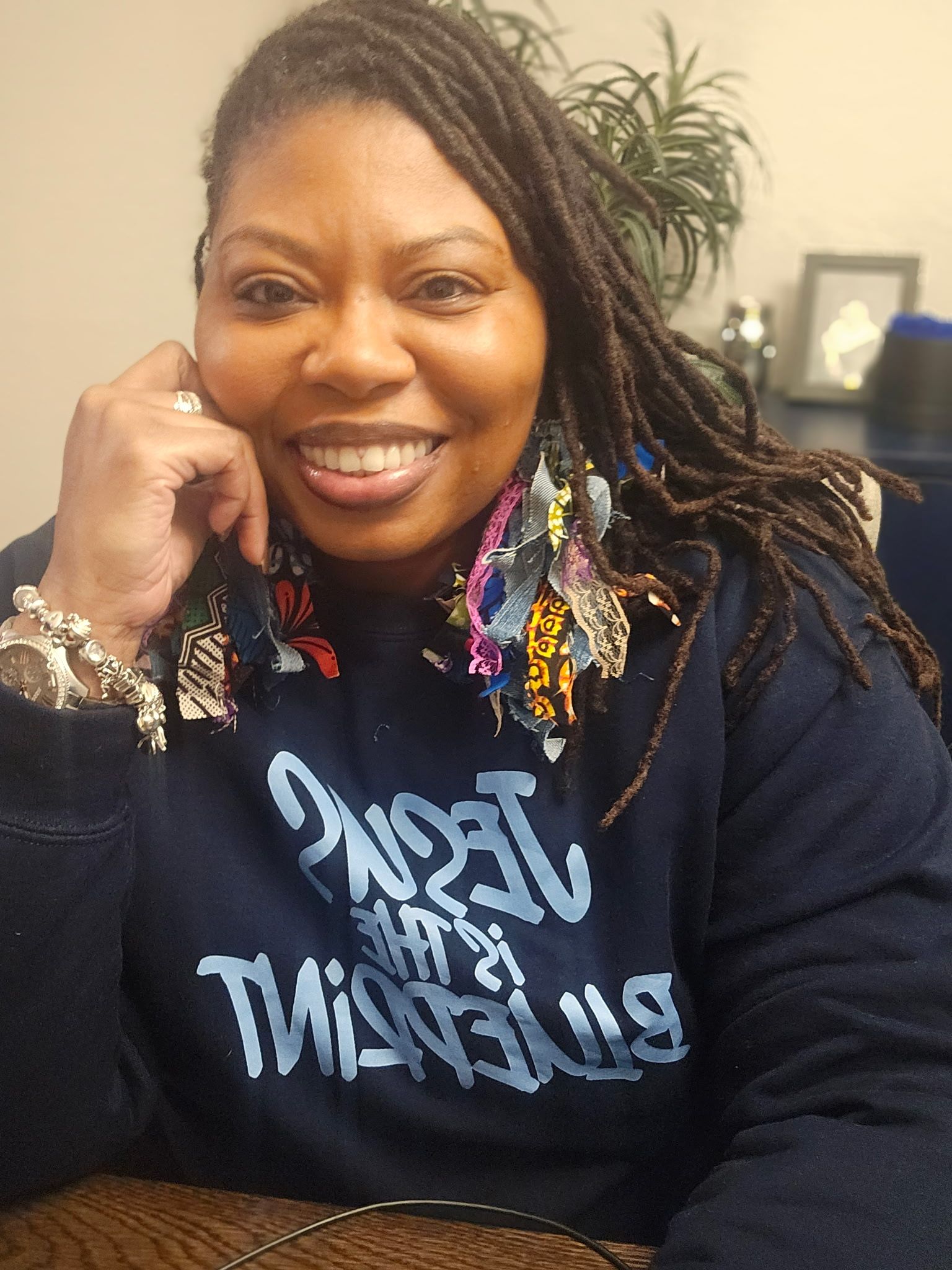CASA Appoints new President and Chief Executive Officer
Child Advocates San Antonio (CASA) Announces Angela White as President & Chief Executive Officer

San Antonio, TX – January 25, 2021 – Child Advocates San Antonio’s (CASA’s) Board of Directors is pleased to announce that it has named Angela White as its new President & CEO, effective February 1, 2021. White comes to CASA with a wealth of experience in the field of support programs within the child welfare field. She joins the team after an extensive career in leadership roles in both the for-profit and non-profit sectors. White is well-known throughout the San Antonio community for her compassion, leadership ability, and collaborative spirit.
Angela White’s appointment comes at a critical time for the organization; referrals to CASA have stayed consistent throughout COVID-19, even while cases have become more complex. In the past few months, CASA has seen growth in the number of cases referred by the Bexar County Children’s Courts. We anticipate further referrals to come, as prolonged financial hardship and isolation are breeding grounds for potential child abuse and neglect.
In these challenging times, CASA’s Board of Directors considered the need to find someone who would lead with strength, as well as a focus on the core values of the agency: integrity, compassion, collaborative spirit, and a deep sense of commitment to serve children who have experienced neglect and abuse, Juanita Peláez-Prada, Board Chair of CASA, said.
“We found that person in Angela White,” said Peláez-Prada. “Angela’s enthusiasm, grace, wit, love of children, and compassionate leadership will promote and ensure the fulfillment of our mission: to advocate on behalf of abused and neglected children so that they may have stability in a safe and loving home.”
White comes to CASA from her role as Chief Operating Officer of Chosen Care, a non-profit organization focused on helping children heal from trauma by strengthening their families. Prior to that role, White served as the Chief Executive Officer of Alpha Home, a non-profit substance addiction treatment center in San Antonio.
White has also held senior management positions within the private sector, in the United Kingdom, Europe, and the United States in various fields, including finance, SAP (IT) project implementation, sales and international customer service, manufacturing and compliance.
White holds a BA in Business and Finance from North Cheshire College (UK) and an MBA in Leadership and Sustainability from the University of Cumbria (UK).
White comes to CASA with enthusiasm, stating, “I am absolutely delighted to accept the position of President & CEO at Child Advocates San Antonio. To be able to work with the dedicated and talented team already in place is a great opportunity. We will continue to build and grow the organization, so that more children within the Bexar County foster care system can have a Court Appointed Special Advocate. My professional experience in leadership and organizational growth, coupled with a deep personal connection to the mission, is a unique combination that allows me to bring exceptional value to CASA”.
About Child Advocates San Antonio
The mission of Child Advocates San Antonio (CASA) is to recruit, train, and supervise court-appointed volunteer Advocates who provide constancy for abused and neglected children and youth while advocating for services and placement in safe and permanent homes. In FY2020, 751 CASA volunteers advocated on behalf of 1,883 children in foster care.
For more information or to set up an zoom media interview, please contact:
Sue Borst
Communications and Marketing Manager
sborst@casa-satx.org | 210.867.1429 (c)

In December 2024, the Department requested TMC for a youth, Zoe, who was found to be homeless after both parents refused to accept parental responsibility. The mother had an extensive CPS history, and the alleged father had CPS history and a criminal history. While in care, life became challenging as Zoe made decisions that jeopardized placement; choosing to skip school, run away from placement, and get arrested for a misdemeanor charge. As a result of these behaviors, the Department placed Zoe in a facility out of state. In August 2025, Staff Advocate, Yvonne, accepted the Crossover Court Case involving Zoe. During the initial Zoom meeting between Yvonne and Zoe, the youth shared her love for sketching, singing, and making people smile. Zoe further shared her hopes and dreams with Yvonne; stating that if parental rights were terminated, she hopes to be adopted by a loving family and wants to pursue her dream of having a career in law enforcement. Recently, Yvonne had the opportunity to visit Zoe at her out-of-state placement, where their conversations were not limited by time on a video call. When Yvonne met Zoe in person, she shared that she couldn’t sleep the morning of Yvonne’s arrival because she feared that Yvonne would be another adult who did not show up for her. Yvonne was able to lay that worry to rest by simply keeping her word, a small act that means the world to the children CASA serves. During the visit, Zoe shared that she wanted to make her CASA proud by improving her school grades, staying out of trouble with peers at placement, and staying busy with extracurricular activities. Yvonne was happy to hear Zoe share her aspirations and encouraged Zoe to continue on this positive path. The conversations about Zoe’s day-to-day happenings in life led her to share the more traumatic events with Yvonne. Yvonne listened and provided a space for Zoe to share what she was comfortable with. Yvonne encouraged Zoe to continue processing her trauma and grief with her therapist and find peace, past the pain of being estranged from her family and individuals whom she trusted. Despite the setbacks Zoe has endured in efforts to restore family connections, Yvonne continues to show up and support Zoe in self-advocating for her educational and placement needs as she approaches adulthood. Zoe’s educational goal is to attend her senior prom and walk across the stage at a public high school to receive her diploma. Most importantly, Zoe hopes to be placed in a Texas foster home where she will be protected, loved, and trusted. Regardless of where life and the case takes Zoe, Yvonne will be there at every turn.







